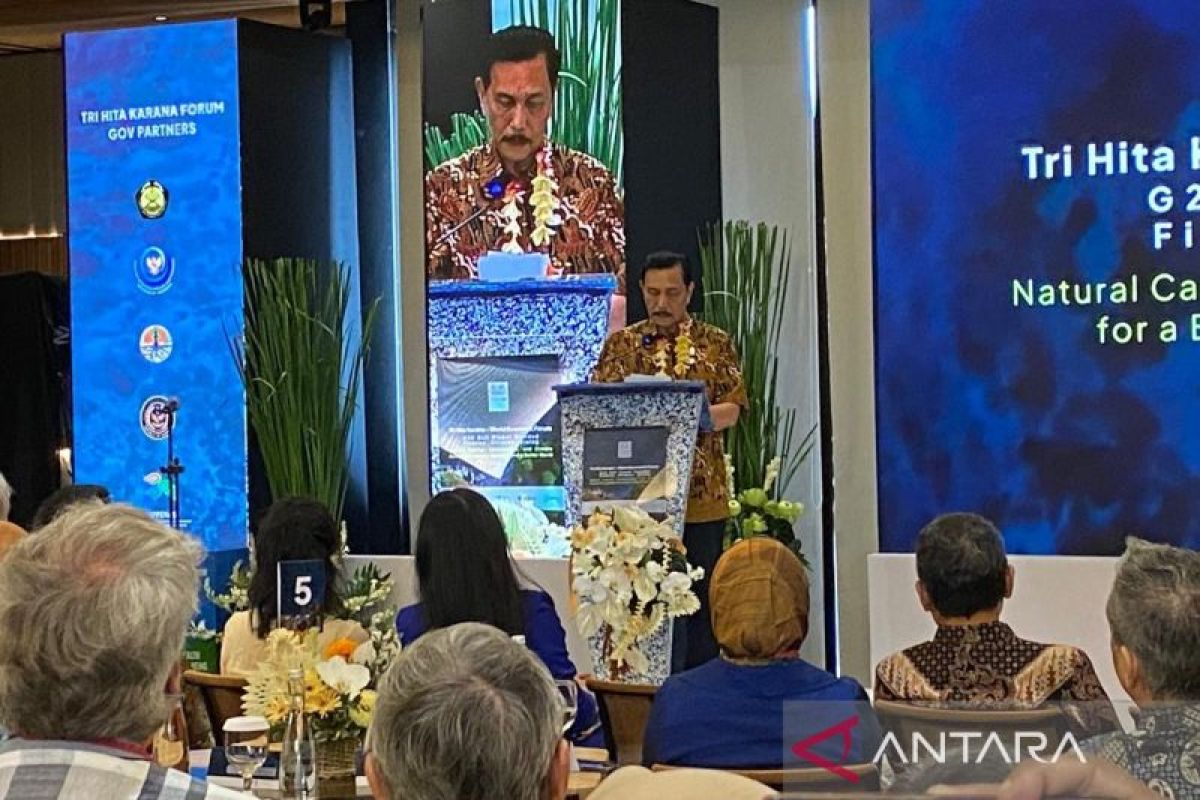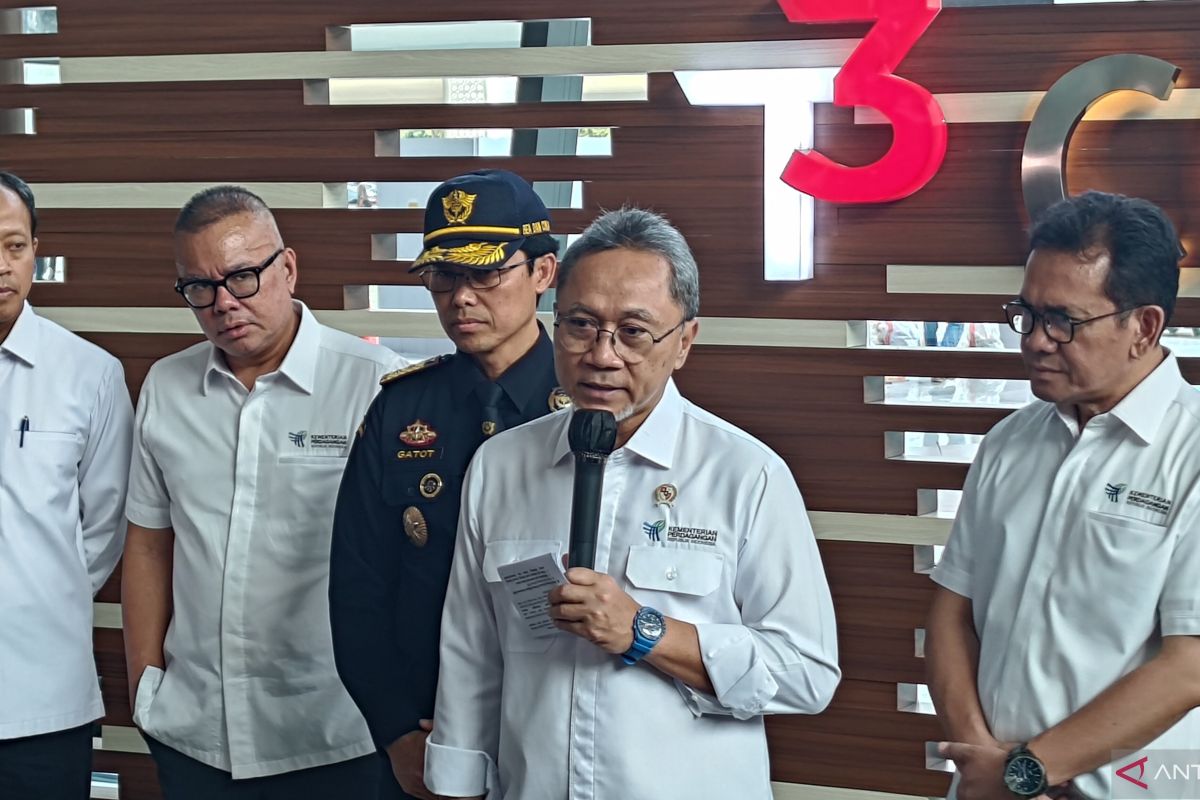Now, starting in October, I will make it mandatory to have a halal certificate.
Tangerang (ANTARA) – Indonesia’s Ministry of Trade will make the halal certification of products made by Indonesian medium-sized businesses or micro, small, and medium enterprises (MSMEs) mandatory from October 2024.
“Now, starting in October, I will make it mandatory to have a halal certificate. If we just keep it quiet, it won’t work,” Minister of Trade, Zulkifli Hasan, said in Tangerang on Monday.
According to him, the implementation of the policy aims to increase consumer and producer confidence, especially in terms of product competitiveness in the global market.
However, business actors will need to meet the set standards, including on certification requirements, Indonesian National Standard (SNI), distribution permits, and weight and health quality of products.
The government will also monitor products, including culinary items, to protect domestic consumers.
“We don’t want consumers to be harmed, starting from certificates, guarantees, SNI, distribution permits, scales, we protect that, then healthy food, it must be hygienic,” he said.
Earlier, the Ministry of Religious Affairs informed that one of the objectives of the Mandatory Halal October program is to increase added value for business actors in the country.
“There is a view that if we are Muslim then all products, especially food and drinks, are definitely halal, and this is what we need to straighten out,” a functional expert at the Cooperation and Standardization Center of the Halal Certification Agency (BPJPH), A.M Rozak, said.
The halal certification is not just meant to ensure that a product sold by a business actor is guaranteed to be halal, the certification is also aimed at increasing added value for business actors.
Regarding the supervision of business products that have been certified as halal, BPJPH said this will be maximized after the implementation of the Mandatory Halal program in October.
“There are three stages for product supervision, one of which is sanctions against business actors and a ban on product sales,” Rozak said.
Currently, the Ministry of Religious Affairs, especially BPJPH, is developing the supervisory regulations that will be most suitable for business actors in the country.
BPJPH has assured that it will also be extra careful in applying sanctions against business actors whose monthly turnover is below Rp500 million, including sanctions on the treatment of MSMEs with large incomes and those with small incomes.
Related news: Halal certification to protect Muslim producers, consumers: Minister
Related news: Non-halal products must include description on packaging: BPJPH
Translator: Azmi Syamsul Ma’arif, Cindy Frishanti Octavia
Editor: Rahmad Nasution
Copyright © ANTARA 2024







More Stories
Luhut asks Musk to contribute to mangrove rehabilitation efforts
Minister hopes global forum in Bali yields water management solutions
Man kills 2 officers at police station in Malaysia in a suspected Jemaah Islamiyah attack